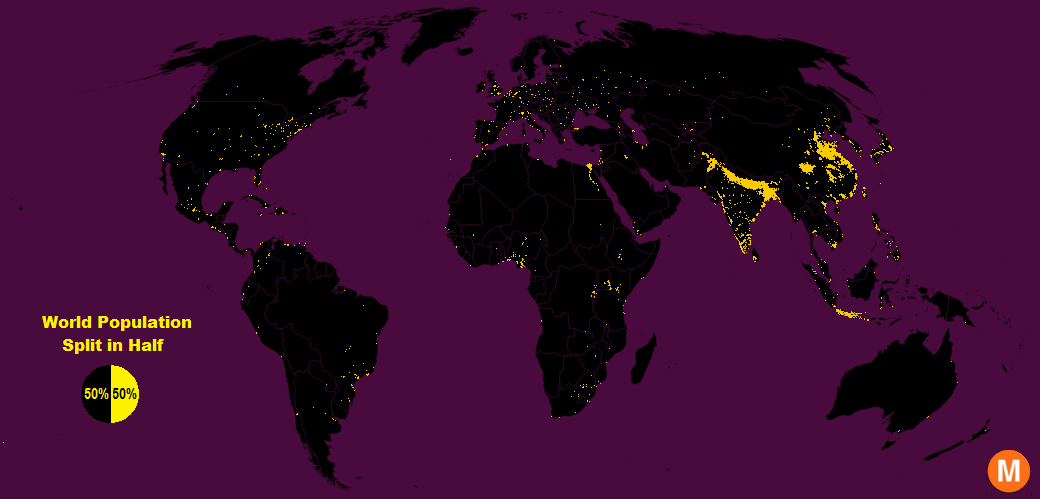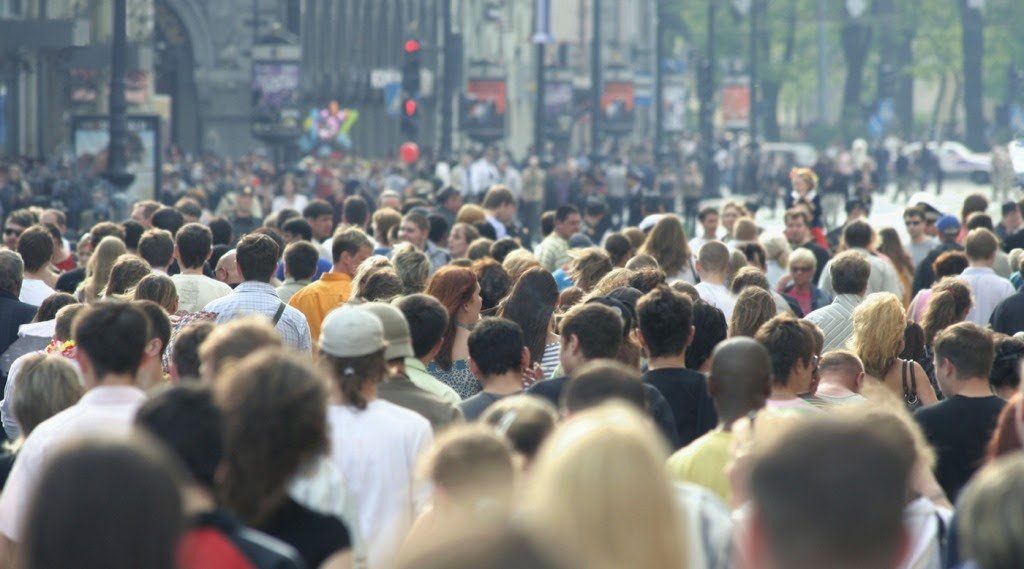The relationship between population and welfare has been studied extensively. Populations in most developed countries have either stopped growing or started to decline. But do welfare and population have any correlation? If so, how does it affect welfare? What is overpopulation?
Welfare’s dictionary definition is “the health, happiness, and fortunes of a person or group.” And the population is the inhabitants of a particular place. So, does population affect welfare? According to numerous examples, not exactly, there are many rich and powerful countries such as China and America with high populations, as well as not particularly rich and powerful countries such as India with high populations and vice versa. When we looked into numerous countries, their population, and their economic welfare, we saw that there was no correlation between them.
What about population density? Population density is a little trickier to figure out; if population density is exceedingly high, like in New Mexico or Kolkata, it could be hard to manage for a few reasons. These could be economic, uncontrolled urbanism, crime, and pollution caused by overuse of arable land and its destruction, etc.

Population growing gradually and controllably may not be a problem. But in many developing countries we can observe that even though social and economic welfare is below average, the population is increasing at rates that are impossible to manage or control. This kind of population growth leads to pressure on healthcare systems and infrastructure as well as putting pressure on communities. As social and economic welfare gets better, the population either slows growing or comes to a stop. This could be the result of a few things; new lifestyle choices associated with economic affluence, birth control, and lower mortality rates.
When a country’s population is unmanageable either from gradual population growth or from rapid population growth, this is called overpopulation. This could lead to ecological degradation, increased conflicts, and a higher risk of large-scale disasters. To fix overpopulation, we could have fewer children, consider adopting, fund family planning programs, make abortion legal and available. Although this is a commonplace problem today, the UN thinks that global population growth will stop in the next century.
To sum up, everything that has been stated we can say that there is no significant correlation between population and welfare, population density can be hard to manage, population growth is a problem under certain conditions and overpopulation is what happens when the human population rises to an extent where ecological settings could not carry it anymore. Do you think overpopulation is a problem in your own city or country, and if so, do you think the issues associated will be solved?

